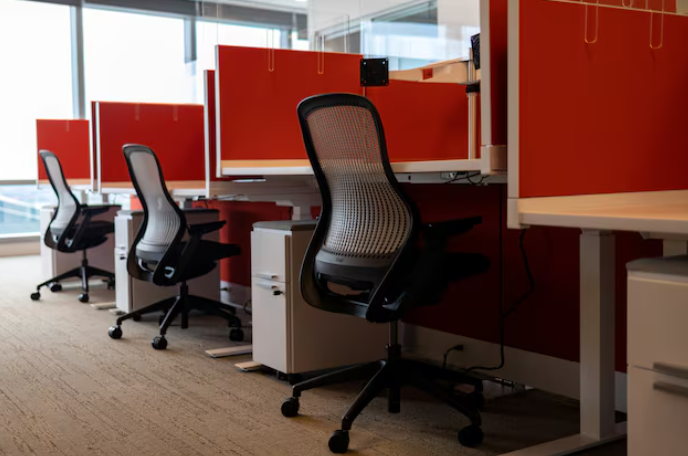A judge ruled on Thursday that law firm Crowell & Moring cannot force its Washington, D.C., landlord to refund $30 million in rent paid while most of its lawyers worked from home during the pandemic.
Judge Donald Tunnage of the District of Columbia Superior Court sided with Crowell’s landlord, The TREA 1001 Pennsylvania Avenue Trust, concluding that the law firm’s shift to remote work due to COVID-19 restrictions did not meet the rent abatement provisions in its lease.
Tunnage noted that no facts suggested the premises were physically unavailable to Crowell, and the landlord never denied “prompt access” to the office space. Crowell, which declined to comment after the hearing, may consider appealing the decision.
Rebecca Woods of Seyfarth Shaw, representing the landlord, welcomed the ruling, stating that the lease provided a limited right to rent abatement, and Crowell failed to meet those requirements.
Crowell had sued its landlord last year, seeking refunds for rent paid between April 2020 and May 2021, citing public safety orders from D.C. that restricted in-office work to prevent the spread of COVID-19. As a non-essential business, Crowell had 95% of its staff working remotely during that time.
The firm’s 1985 lease and subsequent amendments for its office near the White House formed the basis of the lawsuit.
Crowell argued that it had lost “use and enjoyment” of the office and that its access to the premises had been interrupted.
However, Woods countered that the landlord provided full access throughout the pandemic, and the decision to limit the number of employees in the office was Crowell’s own.
The case is Crowell & Moring v. The TREA 1001 Pennsylvania Avenue Trust, District of Columbia Superior Court, No. 2023-CAB-001531.

